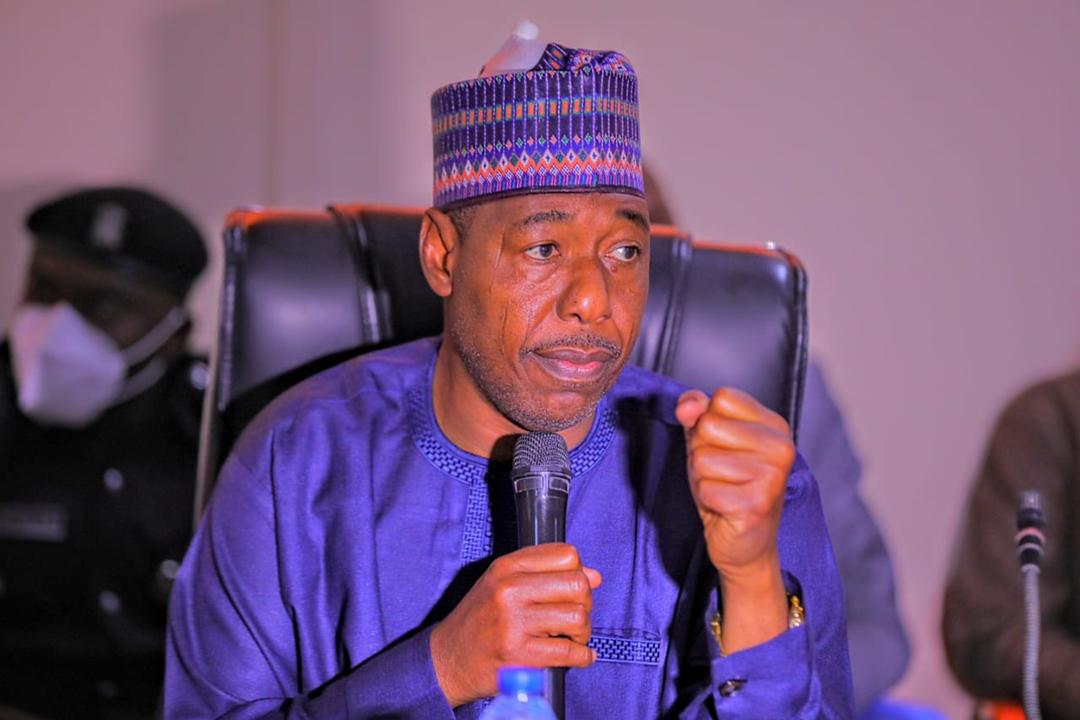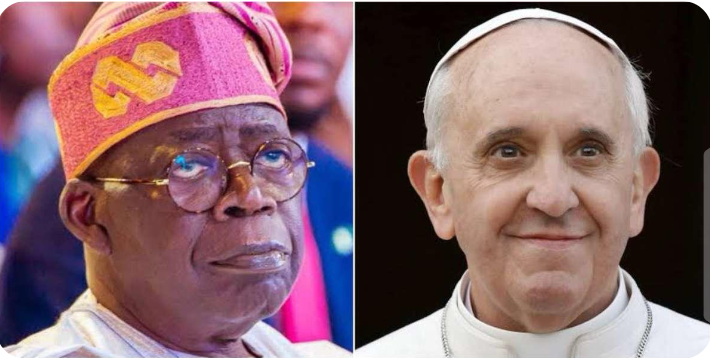
Borno Is Losing Ground to Boko Haram: Governor Zulum’s Urgent Cry for Help

On April 8, 2025, a concerning update emerged from Borno State, Nigeria, as Governor Babagana Zulum raised an alarm about the escalating threat of Boko Haram.
In a post shared by Nigeria Stories on X, Zulum highlighted the dire situation, stating that Borno is steadily losing territory to the notorious insurgent group.
This revelation has sparked widespread reactions online, with many Nigerians expressing frustration over the federal government’s response to the crisis in the northeastern state, especially when compared to other regions like Rivers State, where a state of emergency was swiftly declared over less violent unrest.
Governor Zulum, who has been at the forefront of tackling insecurity in Borno since his election in 2019 under the All Progressives Congress (APC), is no stranger to the dangers posed by Boko Haram.
The group, which has been active since the late 1990s, seeks to overthrow the Nigerian government and establish a strict Islamic state.
Over the years, Boko Haram has been responsible for countless attacks, including the infamous 2014 abduction of 276 schoolgirls from Chibok in Borno State, an incident that drew global attention to the insurgency.
More personally, Zulum himself narrowly escaped harm in 2020 when his convoy was attacked by Boko Haram operatives near Baga, a town in Borno.
The assault resulted in casualties among his entourage, underscoring the persistent threat the group poses even to high-ranking officials.
The recent statement from Zulum indicates a troubling resurgence of Boko Haram’s influence in the region.
Despite years of military efforts to curb the insurgency, including the 2015 West African offensive that forced the group to retreat into areas like the Sambisa Forest and Lake Chad, Boko Haram continues to regroup and launch attacks.
The group’s history of violence includes targeting civilians, security forces, and even religious institutions, with a death toll reaching tens of thousands since the insurgency began in 2009.
At its peak in 2014, Boko Haram controlled large swathes of territory in northeastern Nigeria, declaring areas like Gwoza part of an Islamic caliphate under the leadership of Abubakar Shekau, who aligned the group with the Islamic State, rebranding it as the Islamic State’s West Africa Province (ISWAP).
The X post by Nigeria Stories, which included an image of Zulum speaking at an event, prompted a flurry of reactions from Nigerians online.
Many expressed frustration with the federal government’s handling of the situation in Borno.
Some users pointed out the disparity in government response, noting that while Rivers State, which has faced unrest over oil-related issues, was quickly placed under a state of emergency, Borno’s more severe crisis seems to receive less urgent attention.
One user, @odumodu_4, remarked, “No state of emergency yet o but RS una rush like say the state Dey burn,” highlighting the perceived imbalance in addressing security challenges across Nigeria.
Others, like @faroukoj, criticized the Nigerian army’s plan to recruit 50 million youths into the force, questioning the effectiveness of such measures in combating Boko Haram.
The ongoing crisis in Borno underscores the complex challenges Nigeria faces in addressing the Boko Haram insurgency. Despite previous military campaigns and international support, the group’s ability to adapt and persist remains a significant hurdle.
Governor Zulum’s cry for help serves as a stark reminder of the urgent need for a coordinated and robust response to reclaim the ground lost to Boko Haram and restore peace to Borno State.
As the situation unfolds, Nigerians continue to watch and demand action to address this long-standing security threat


